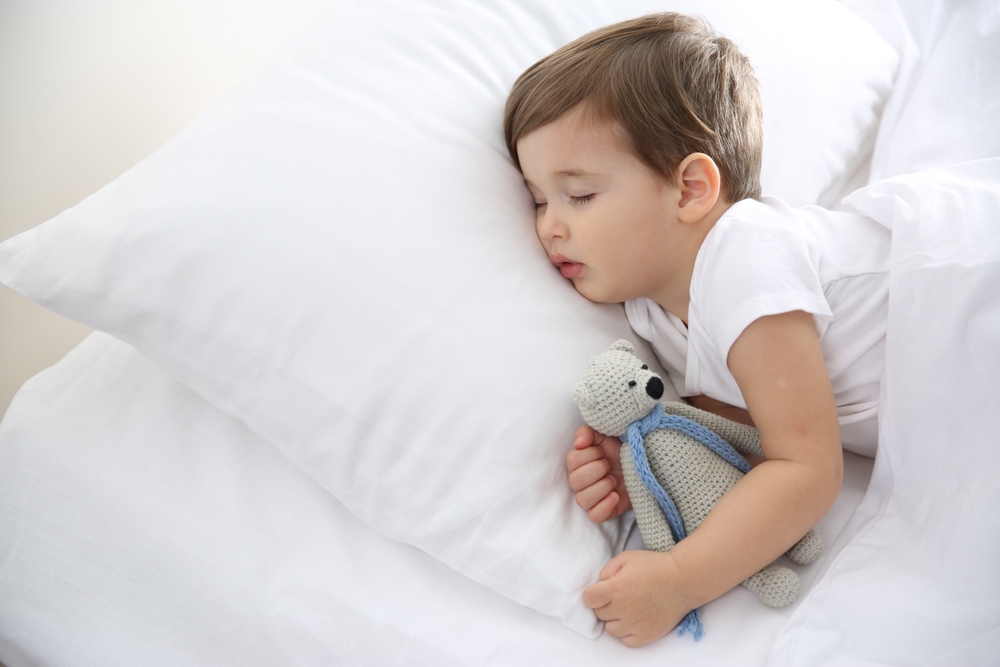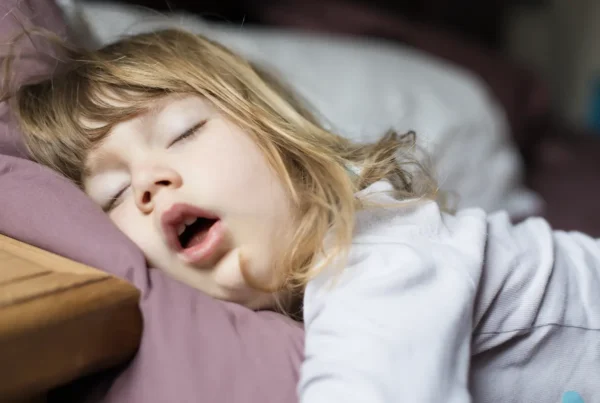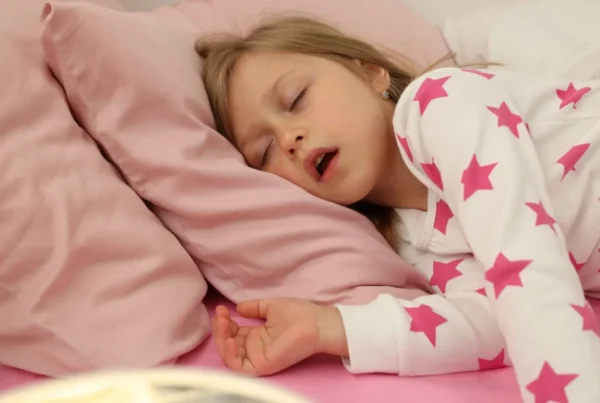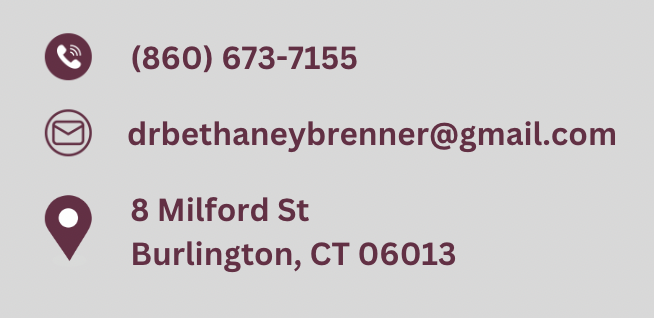Picture this: your child, usually full of life, wakes up groggy and irritable. Their teacher mentions they seem distracted in class, and their grades are slipping. You might chalk it up to a phase, but what if there’s something more?
Pediatric sleep apnea is a hidden challenge many parents don’t see coming. It’s not just about loud snoring. Kids with sleep apnea experience interrupted breathing throughout the night, depriving their brains of much-needed oxygen. This can lead to daytime fatigue, behavioral issues, and even health problems.
In this article, you’ll discover what pediatric sleep apnea is, its sneaky symptoms, and the long-term risks if left untreated. We’ll dive into various treatment options, from traditional methods to innovative solutions like the Vivos system, which targets the root cause of sleep apnea. Ready to learn how to help your child breathe better and thrive? Keep reading to uncover the answers.
Uncovering Pediatric Sleep Apnea: The Silent Night Disruption
Picture your child finally drifting off to sleep after a long day. But instead of peaceful breathing, you hear irregular pauses, gasps, and snoring. This isn’t just a bad dream; it could be pediatric sleep apnea. This condition disrupts your child’s breathing multiple times during the night, preventing them from reaching deep, restorative sleep.
Pediatric sleep apnea is more than just snoring. It’s a serious condition where the airway becomes blocked, often by enlarged tonsils or adenoids. Each pause in breathing causes a momentary wake-up, which might not fully rouse them but disrupts their sleep cycle. These interruptions can happen dozens, even hundreds of times a night, leaving your child exhausted despite spending the whole night in bed.
Imagine the impact of waking up every few minutes, every night. This lack of quality sleep can affect every aspect of your child’s life, from their energy levels to their ability to focus in school. It’s a hidden issue, often going unnoticed because the signs are subtle and occur during sleep.
Understanding pediatric sleep apnea is the first step in getting your child the help they need. It’s about recognizing that those small gasps and snorts aren’t just harmless noises but signs of a deeper problem that can be treated. With the right intervention, you can ensure your child wakes up refreshed and ready to take on the day.
Recognizing the Signs & Symptoms: Is Your Child Struggling with Sleep Apnea?
Have you noticed your child snoring loudly or gasping for air at night? These might be more than just typical sleep sounds. Sleep apnea in children has some telltale signs that can significantly impact your child’s life.
Loud Snoring Many kids with sleep apnea snore loudly, a major red flag.
Choking or Gasping Your child might seem like they’re choking or gasping for air in their sleep, disrupting their rest.
Restless Nights Frequent awakenings and trouble staying asleep are common.
Feeling Tired Poor sleep can make them feel exhausted during the day, affecting their energy and mood.
Behavior Issues (ADHD) Sleep apnea can lead to behavior problems, making them cranky or unable to focus, sometimes mimicking ADHD symptoms.
Bed Wetting Sleep problems can contribute to bed wetting or frequent urination, a frustrating issue for many families.
Teeth Grinding (Bruxism) Teeth grinding at night can be a sign of disrupted sleep and underlying apnea.
Other Signs and Symptoms
Mouth Breathing Children with sleep apnea often breathe through their mouth, especially at night.
Night Sweats Excessive sweating during sleep can be another indicator.
Pauses in Breathing Noticeable pauses in breathing during sleep can signal apnea episodes.
Difficulty Waking Up Children may have a hard time waking up in the morning and seem groggy.
Poor School Performance Sleep apnea can affect cognitive function, leading to difficulties in school.
Frequent Infections Recurrent sore throats or ear infections can also be linked to sleep apnea.
Recognizing these signs early can lead to better sleep and overall health for your child. If any of these symptoms sound familiar, it might be time to consider a deeper look into pediatric sleep apnea.

The Hidden Dangers: Risks and Consequences of Untreated Sleep Apnea
Imagine watching your child struggle with school, their grades slipping despite their best efforts. They’re constantly tired, irritable, and have frequent tantrums. As a parent, you’re worried and frustrated, wondering what could be wrong. The answer might be sleep apnea, a condition that, if left untreated, can have serious consequences.
Cognitive and Behavioral Issues Untreated sleep apnea can severely impact your child’s cognitive development. They might have trouble concentrating in class, leading to poor academic performance. Their mood swings and behavioral problems can strain relationships with family and friends.
Physical Health Risks Sleep apnea disrupts the body’s ability to rest and heal, putting your child at risk for a range of health problems. These include:
- Growth Delays: Poor sleep can stunt your child’s growth and development.
- Heart Issues: Interrupted breathing increases the risk of developing heart problems.
- Obesity: Sleep apnea is linked to weight gain and difficulty losing weight.
Emotional Strain The constant fatigue and frustration can take a toll on your child’s emotional well-being. They may become anxious or depressed, feeling different from their peers and struggling to keep up.
Family Impact It’s not just the child who suffers. Sleep apnea can disrupt the entire family. Sleepless nights and constant worry can lead to parental stress and strained family dynamics.
Long-Term Consequences If left untreated, pediatric sleep apnea can have lasting effects. Chronic health issues, learning difficulties, and emotional problems can follow your child into adulthood, affecting their quality of life and future prospects.
Recognizing and treating sleep apnea early can prevent these risks and help your child lead a healthier, happier life. By addressing the root cause, you can ensure your child wakes up refreshed, ready to face the day with energy and confidence.
Is Your Child at Risk? Take the Quiz to Find Out
As a parent, you wonder if there’s something more behind these restless nights. Could it be an airway problem?
Identifying sleep apnea in children isn’t always straightforward. The signs can be subtle and easily mistaken for other issues. Yet, untreated sleep apnea can have serious consequences for your child’s health and well-being. The sooner you identify the problem, the sooner you can seek treatment and improve their quality of life.
To help you determine if your child might be at risk, we’ve created a simple, quick quiz. This quiz is designed to highlight key symptoms and risk factors associated with pediatric sleep apnea. By answering a few straightforward questions, you can gain insights into whether your child’s sleep issues might be linked to this condition.
Taking this quiz is the first step towards ensuring your child gets the restful sleep they need. Don’t wait—take the quiz today and discover if sleep apnea might be affecting your child’s health.
Take Action for Better Sleep
At Burlington Family Dentistry, we know you want your child to be healthy, happy, and well-rested. To achieve this, addressing potential sleep apnea is crucial. The problem is, many parents don’t realize their child might be suffering from this condition, leading to frustration and worry.
We believe every child deserves a restful night’s sleep. We understand the importance of early detection and effective treatment, which is why Dr. Bethaney Brenner offers comprehensive evaluations and innovative treatments for pediatric sleep apnea.
Here’s how we can help:
- Comprehensive Evaluation: We assess your child’s symptoms and sleep patterns to determine if sleep apnea is present.
- Customized Treatment Plan: We create a personalized plan to address your child’s specific needs.
- Ongoing Support: We provide continuous care and adjustments to ensure the best outcomes.
Take the first step towards better sleep for your child. Schedule a consultation with Dr. Bethaney Brenner today to explore how we can help. Visit our website to learn more about our approach and take our quick quiz to see if your child might be at risk for sleep apnea
Stop struggling with uncertainty and start your journey towards healthier, happier sleep for your child with Burlington Family Dentistry. Your child’s well-being is our top priority, and we are here to support you every step of the way.
Schedule a consultation today!
FAQs About Pediatric Sleep Apnea
Q: How is pediatric sleep apnea diagnosed? A: Diagnosis typically involves a thorough evaluation by a sleep specialist, which may include a sleep study to monitor breathing patterns, oxygen levels, and brain activity during sleep.
Q: What treatments are available for pediatric sleep apnea? A: Treatments vary but can include lifestyle changes, Continuous Positive Airway Pressure (CPAP) therapy, surgery to remove enlarged tonsils or adenoids, or oral appliances like the Vivos system to expand the airway.
Q: Why is it important to treat pediatric sleep apnea? A: Untreated sleep apnea can lead to serious health issues such as growth delays, heart problems, cognitive and behavioral issues, and poor academic performance.
Q: Can a dentist help with pediatric sleep apnea? A: Yes, dentists like Dr. Bethaney Brenner can play a crucial role by offering treatments like the ODO and the Vivos system, which helps to expand the airway and improve breathing during sleep. Dentists also collaborate with sleep specialists to provide comprehensive care.
By Bethaney B. Brenner DMD LLC
August 13, 2024






